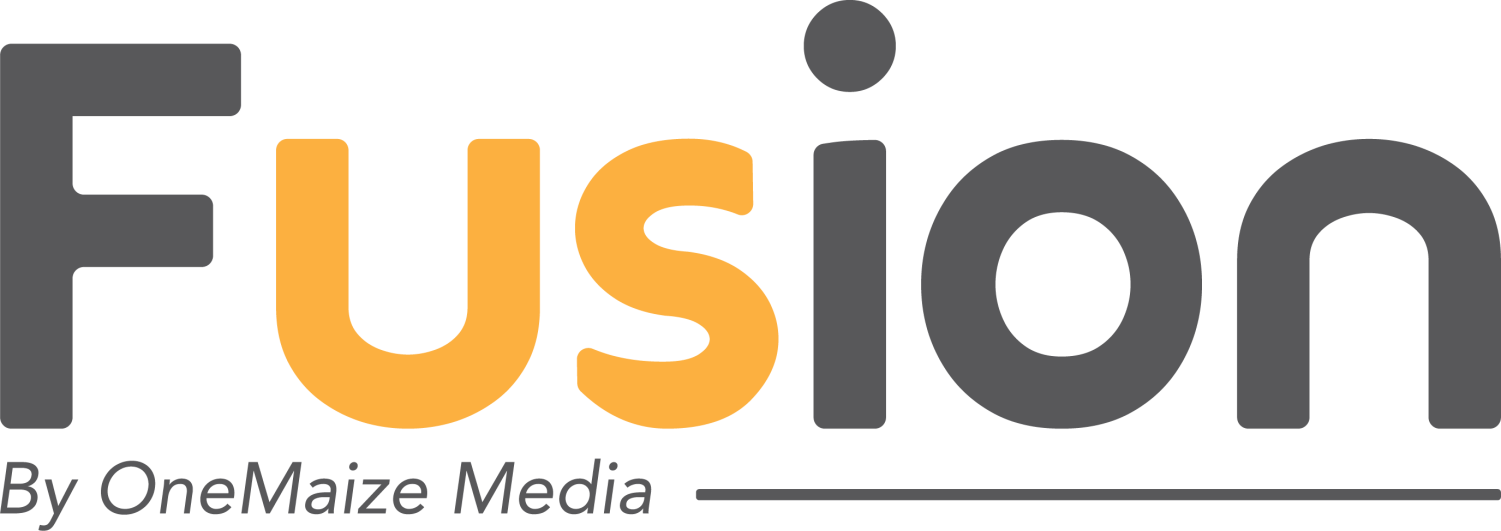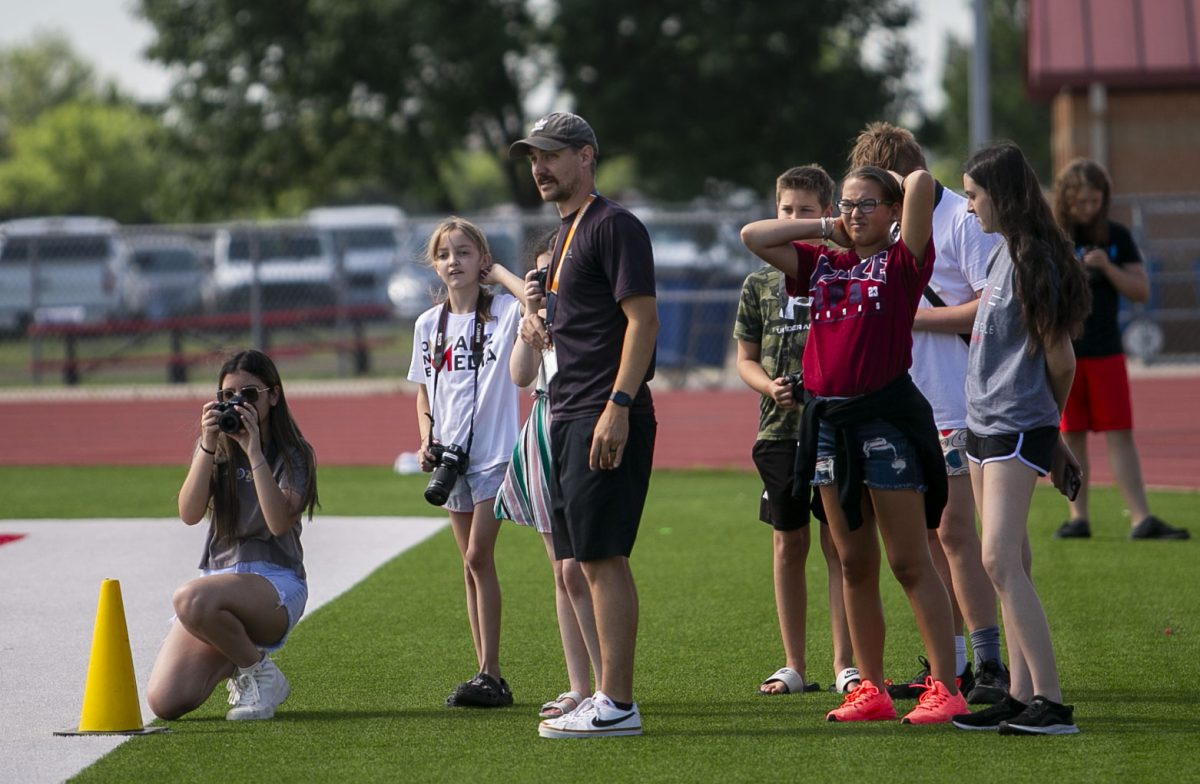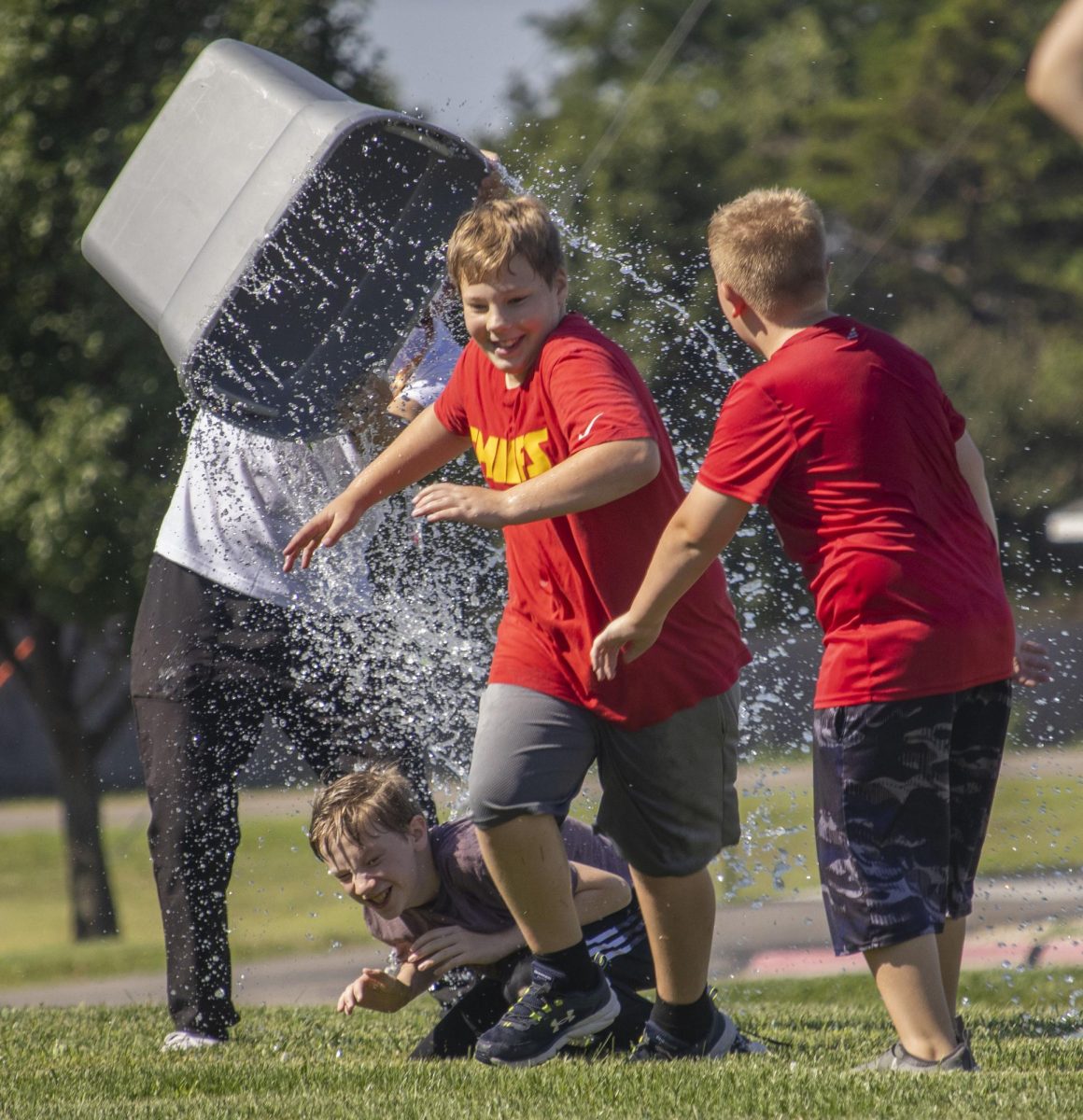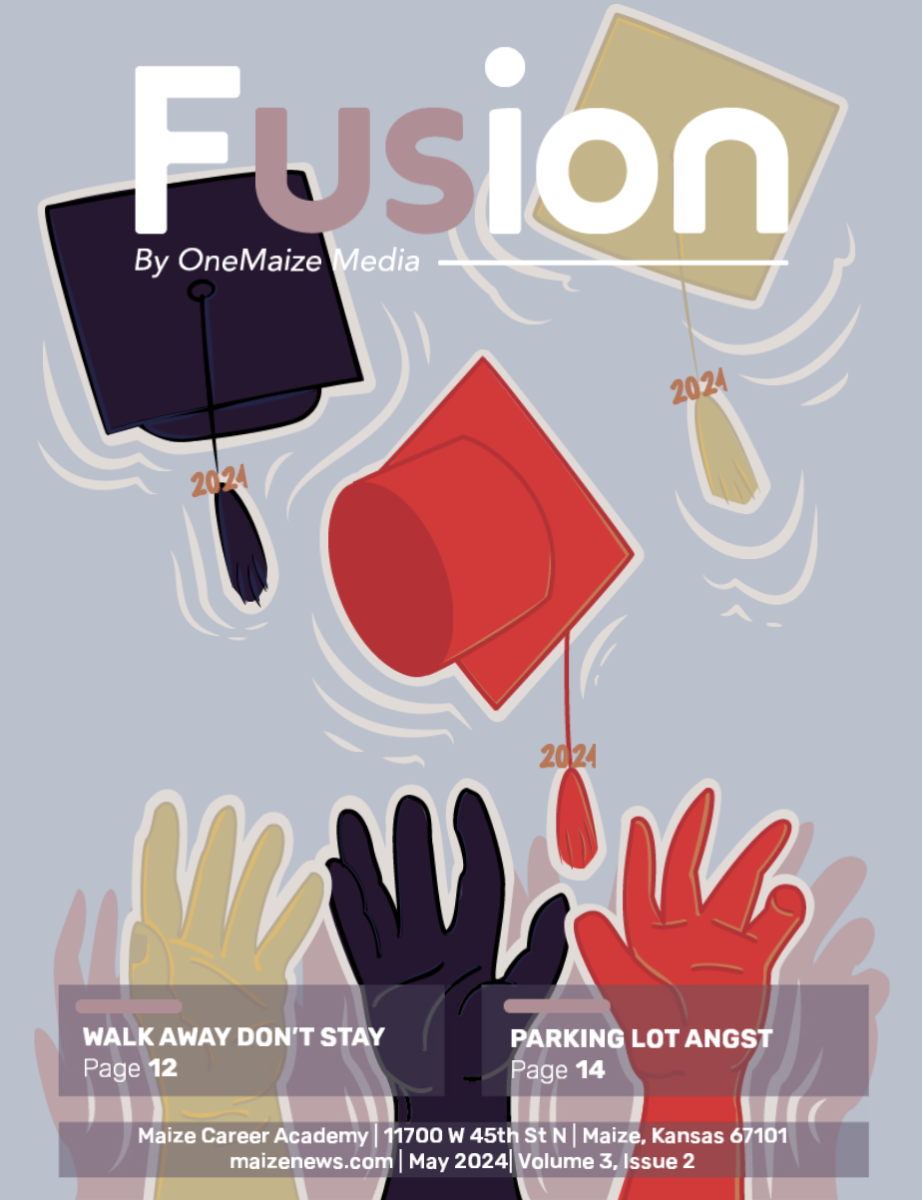Inessential hostility
April 22, 2020

Being an essential worker for a fast food restaurant during a global pandemic is not what I had in mind when I said I was excited to turn 16, but I guess nothing in my life really goes to plan. The spread of COVID-19 put a roadblock in front of the whole world, keeping us from living our normal lives. Being deemed an “essential worker” serves as a blessing and a curse.
It feels like a privilege to still have my job during this time. Most of my friends are out of work, so I feel very lucky to still be employed. Going to my job also gets me out of quarantine for a little bit just to get some fresh air. It also gives me a chance to socialize with people as well. I really took my job for granted before the spread of the Coronavirus.
Being an essential worker right now, however, makes working significantly harder than it used to be. Not only am I exposing myself to a disease by coming in contact with many customers per day, but I’m also exposing family at home. It doesn’t just affect my personal life either, it affects my work more than anything. Having to take extra precautions, not being able to keep up with demand and more angry customers than before.
Angry customers are the hardest to deal with. There is nothing I want to hear less than a customer complaining about company rules, as if a 16-year-old, part time worker makes the rules for a chain restaurant. Every company is trying its best to keep their head above water while going through a situation where new rules are put in place and tough decisions are made. Companies left and right have had to close their doors while others have a spike in demand due to the closures of competitors.
It is important to respect those who service you in a time of chaos and panic, especially if they make the food you eat. Although they should be respected in the first place, it’s especially important when those workers still have to go to work risking the health of others and their own.
Fast food workers may not be as important as health care workers during a virus pandemic, but we are doing our part in keeping some normalcy to our communities.






